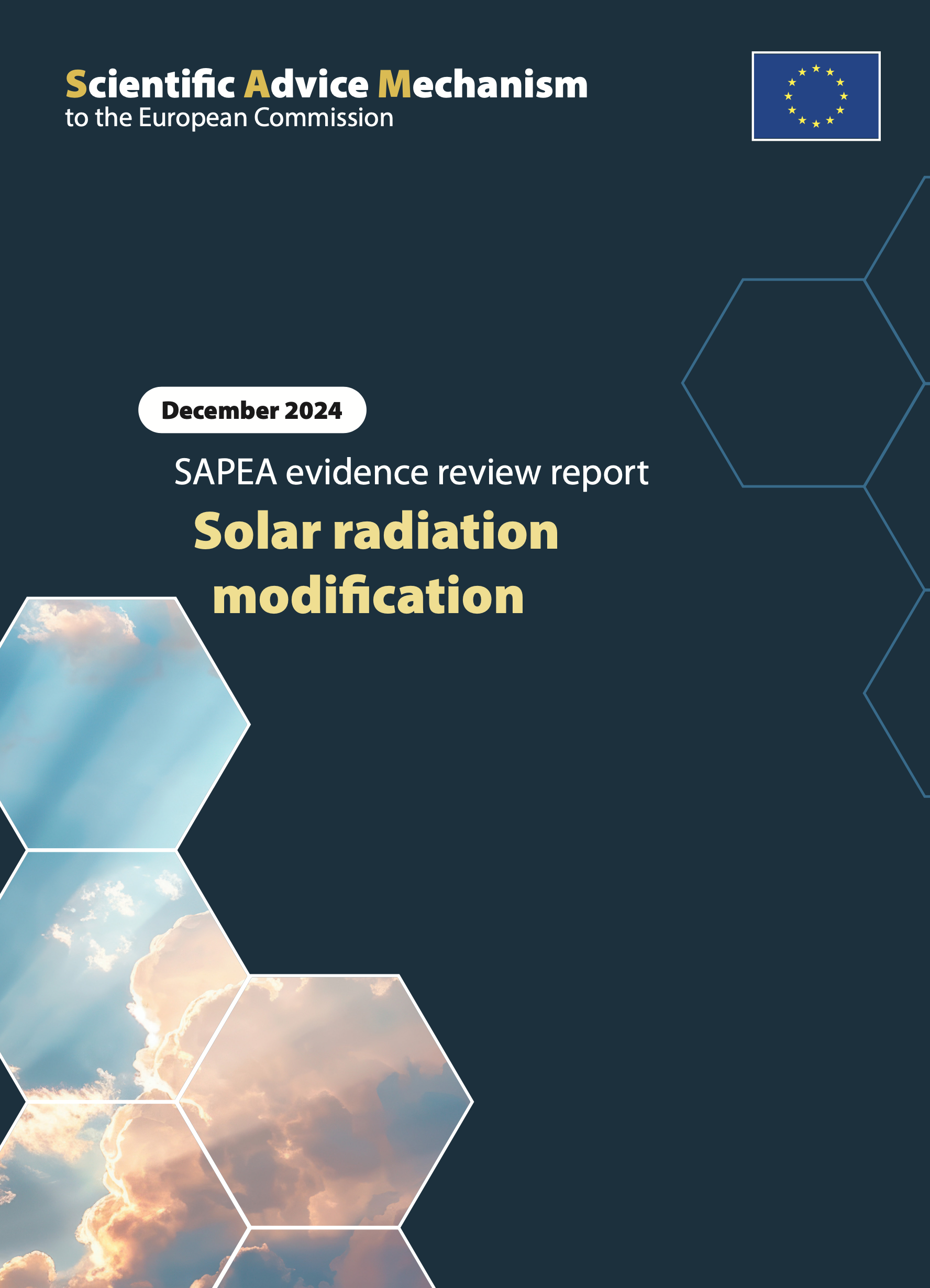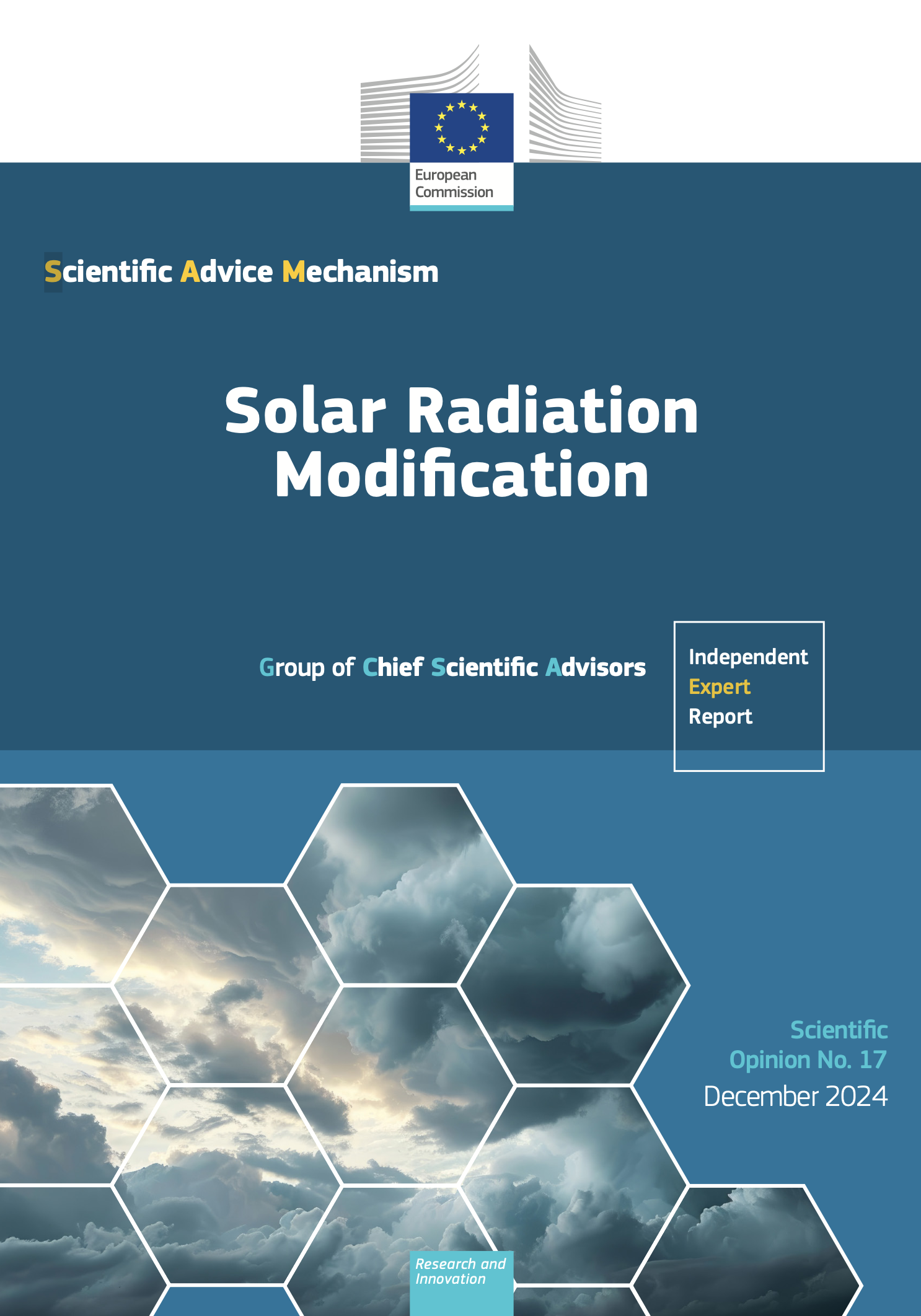Climate modelling suggests that some of these technologies might have the potential to prevent further global warming and reduce some of its effects, such as extreme weather events and rising sea levels.
However, none of the technologies is mature and deploying them could have many effects, both intended and unintended. They could have negative impacts on ecosystems, change rainfall patterns, and hamper food production. Moreover, they would not address the direct impacts of greenhouse gases, such as ocean acidification or changes in vegetation patterns. Even if some of these proposals could address the symptoms of climate change, they do not address the cause, and presenting them as solutions could damage the efforts that are already underway to reduce greenhouse gas emissions and adapt to climate change.
The benefits and risks of these proposals are also highly uncertain. Deploying them could have effects on the climate in different parts of the world which would be difficult to predict and difficult to manage in practice.
Furthermore, any large-scale intervention in our common planetary environment would have systemic consequences. Some solar radiation modification applications would need to run for generations-long timescales and have impacts across the entire planet. A strong global governance framework would be needed for this, with adequate representation for all affected parties, and with compensation mechanisms for those potentially harmed. No such framework exists, and it is not clear how one could be created.
Therefore, based on the available scientific evidence, much of which is uncertain and contested, the Group of Chief Scientific Advisors and the European Group on Ethics in Science and New Technologies recommend the following:
- Continue to focus on reducing greenhouse gas emissions and adapting to climate change as the highest priorities.
- Announce a Europe-wide moratorium on using solar radiation modification technologies.
- Negotiate a global governance system for future decisions about deploying solar radiation modification technologies, ensuring it is aligned with fundamental rights and values. Given the current state of knowledge, the EU’s position in global negotiations should be to not deploy the technologies.
- Hold broad and inclusive public deliberations about fighting climate change, allowing citizens to learn about and debate a range of approaches.
- Ensure that research into solar radiation technologies is rigorous, ethical and explicit about uncertainties – and includes critical reflection on the full range of direct and indirect effects, governance and justice issues.
- Reassess the evidence on risks and potential opportunities every five to ten years.



























